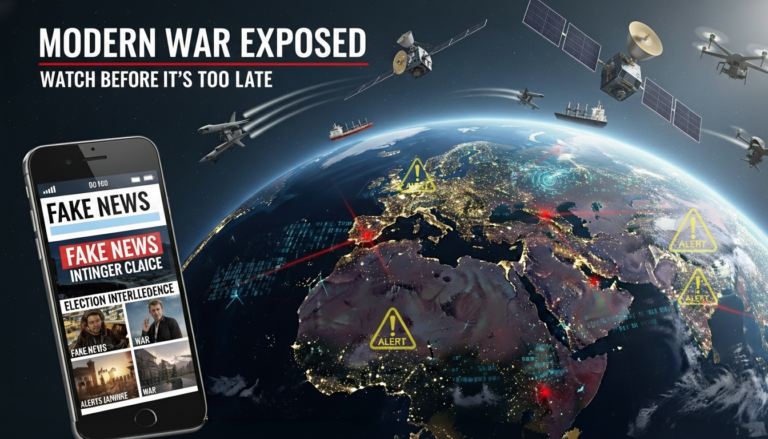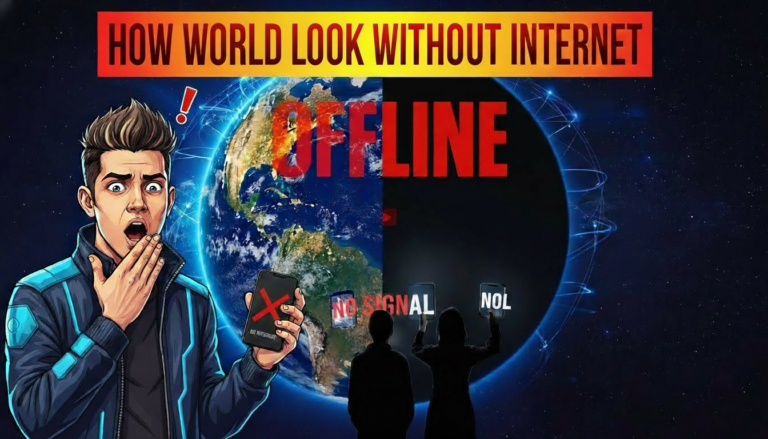
U.S. Supreme Court's Decision On Birthright Citizenship And President Trump's Executive Order:
U.S. Supreme Court Backs Trump’s Executive Order to End Birthright Citizenship
In a landmark and highly controversial decision, the U.S. Supreme Court has ruled in favor of former President Donald Trump’s executive order to terminate birthright citizenship—a move that has sparked widespread national and international debate.
According to major U.S. media outlets, the court sided with the Trump administration’s position that individuals born in the United States to non-citizen or undocumented parents will no longer be automatically granted U.S. citizenship under the 14th Amendment—a practice known as birthright citizenship or jus soli.

What Is Birthright Citizenship?
Birthright citizenship in the U.S. stems from the 14th Amendment of the Constitution, which states that “all persons born or naturalized in the United States…are citizens of the United States.” This long-standing principle has been interpreted for over a century to apply to nearly anyone born on U.S. soil, regardless of the legal status of their parents.

Details of the Ruling
The Supreme Court ruling, which reportedly passed by a narrow margin, upholds the legality of the executive order, giving the federal government the authority to redefine citizenship criteria under certain interpretations of the Constitution .
The ruling allows for the immediate implementation of the executive order in certain states, though it is expected to be gradually phased in across the country.
Legal experts anticipate a wave of constitutional challenges, appeals, and protests, particularly from civil rights groups, immigrant advocacy organizations, and Democratic lawmakers.

Trump Reacts: “A Huge Victory”
Reacting to the court’s decision, Donald Trump praised the ruling, calling it a “huge victory for the American people.” He reaffirmed his long-standing belief that birthright citizenship has been misused and has incentivized illegal immigration.
Trump also emphasized that this ruling validates the executive authority of the presidency in matters related to immigration and national security.

Wider Impact and Global Reaction
The decision is expected to have far-reaching consequences, affecting millions of immigrants, both current and future, and their U.S.-born children.
The ruling has already begun to draw global attention, with human rights organizations and foreign governments expressing concern over the erosion of birthright protections.
The United Nations and international legal bodies may weigh in, especially if challenges are made under human rights law.
President Trump had previously vowed to end this practice, arguing it encouraged illegal immigration and placed undue strain on national resources.




